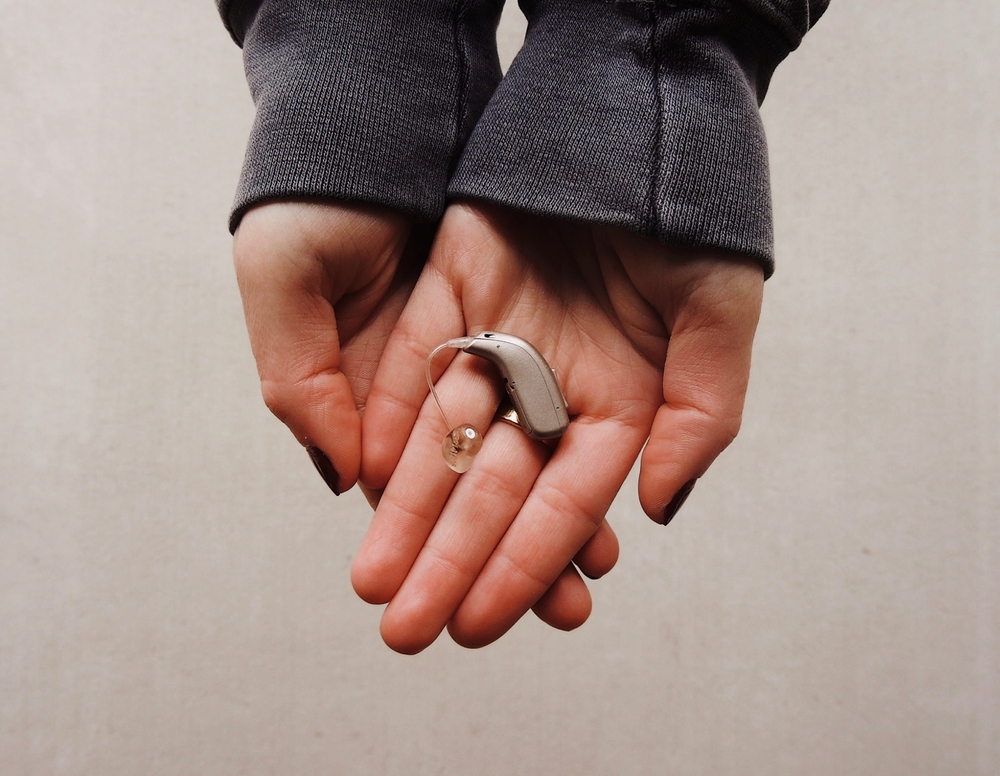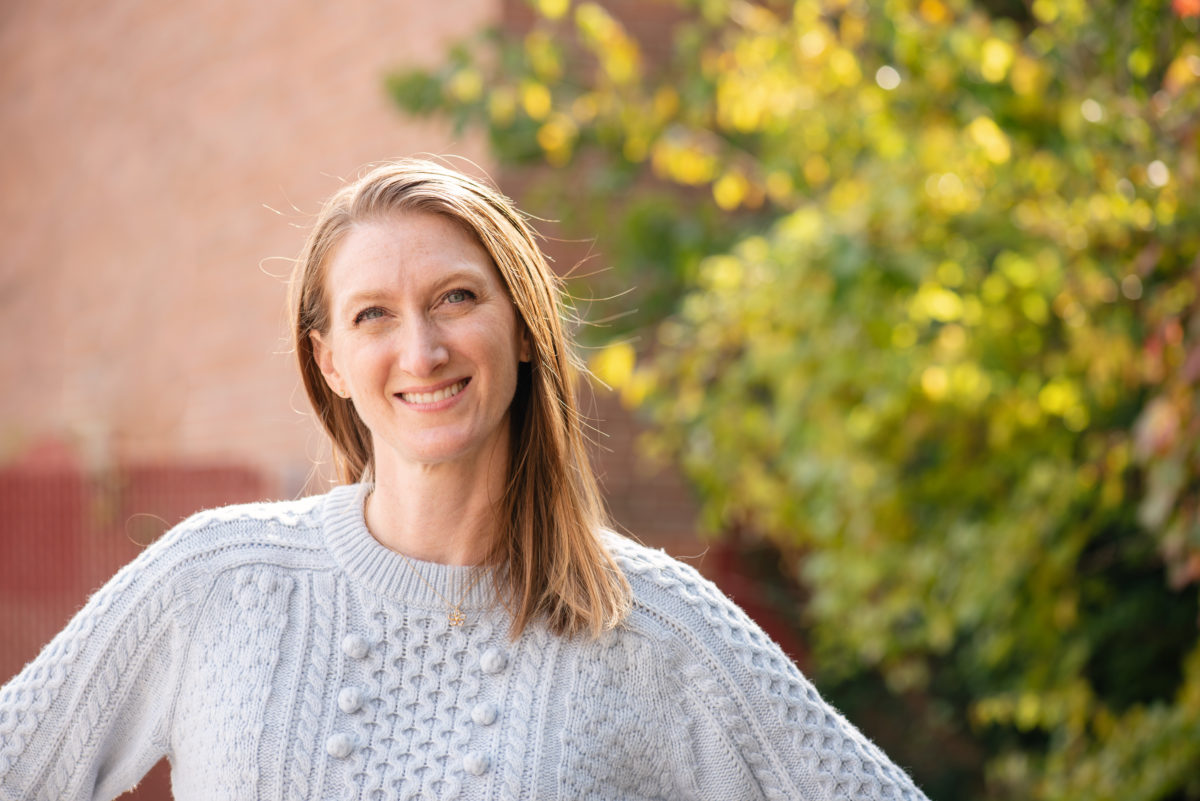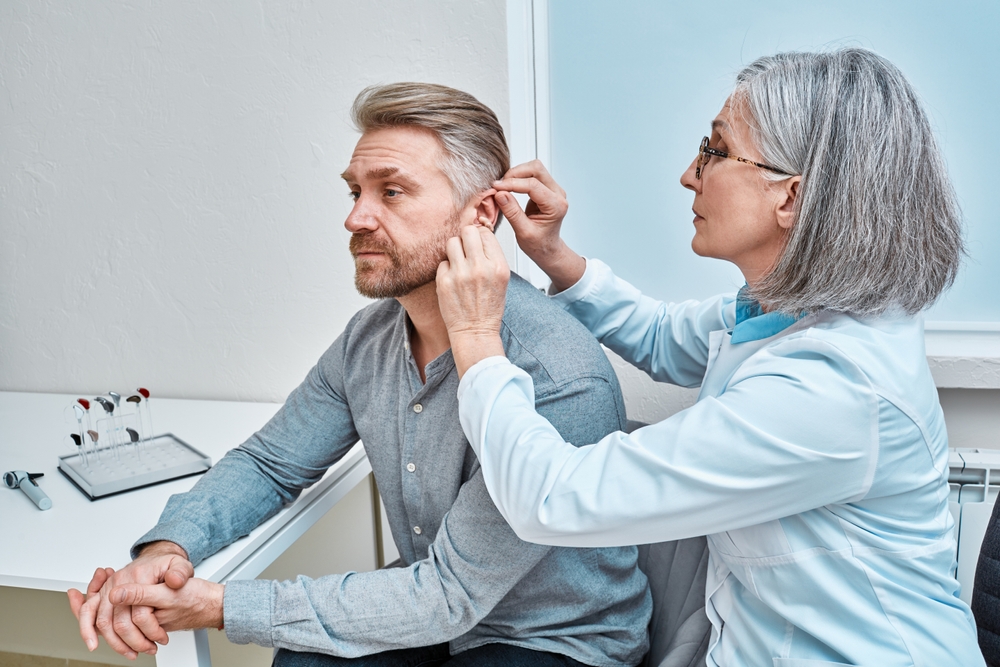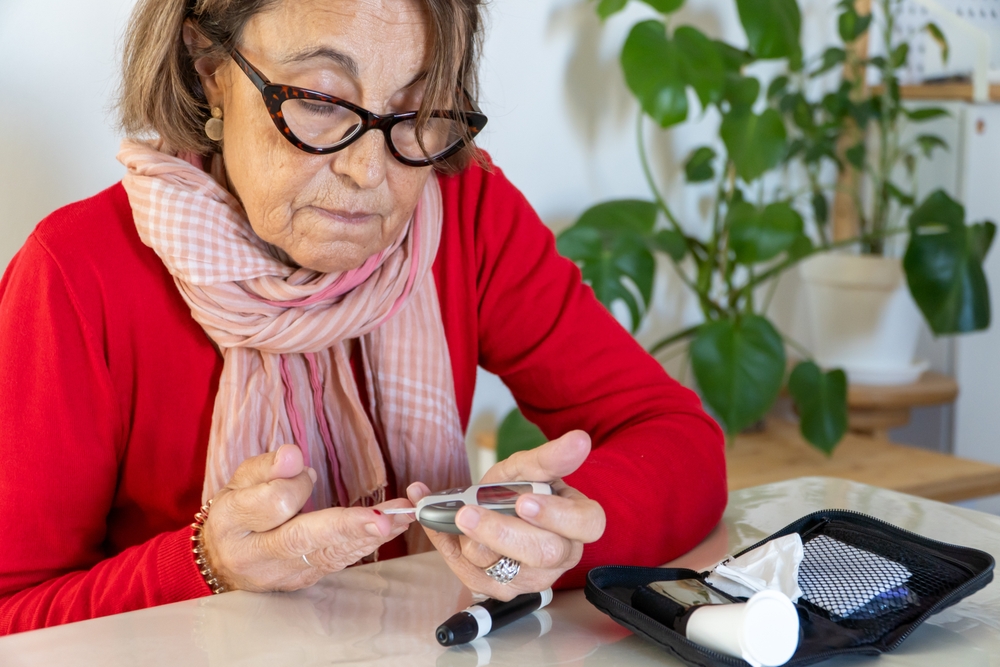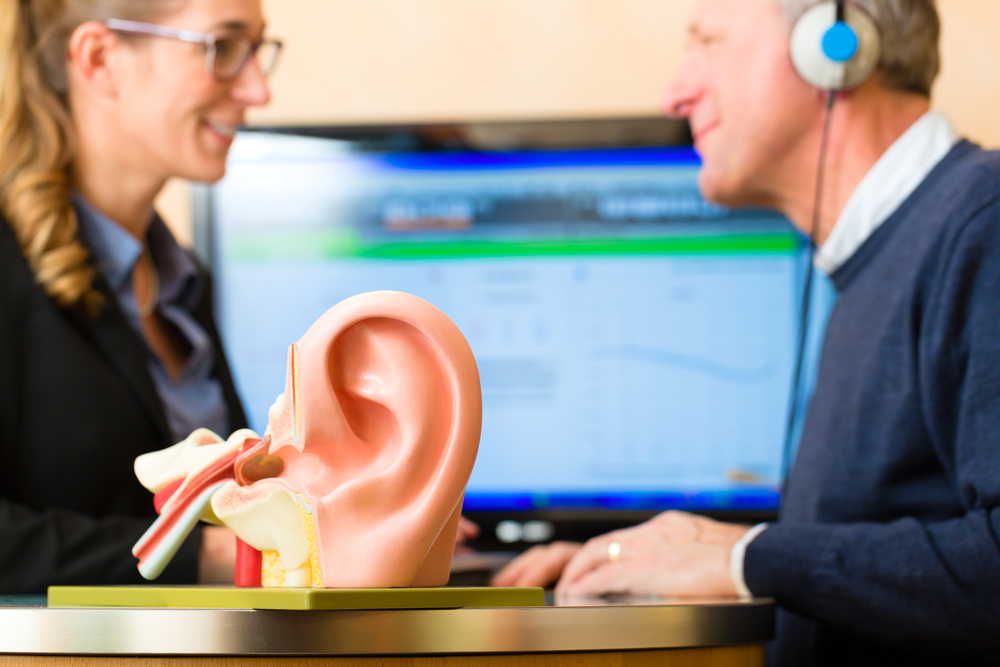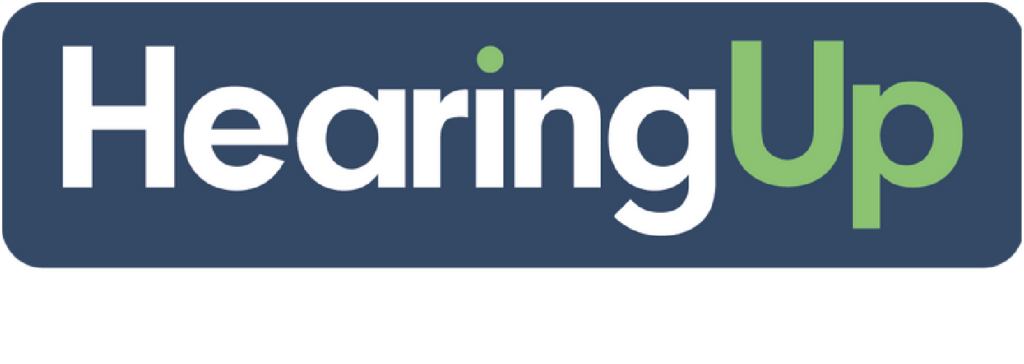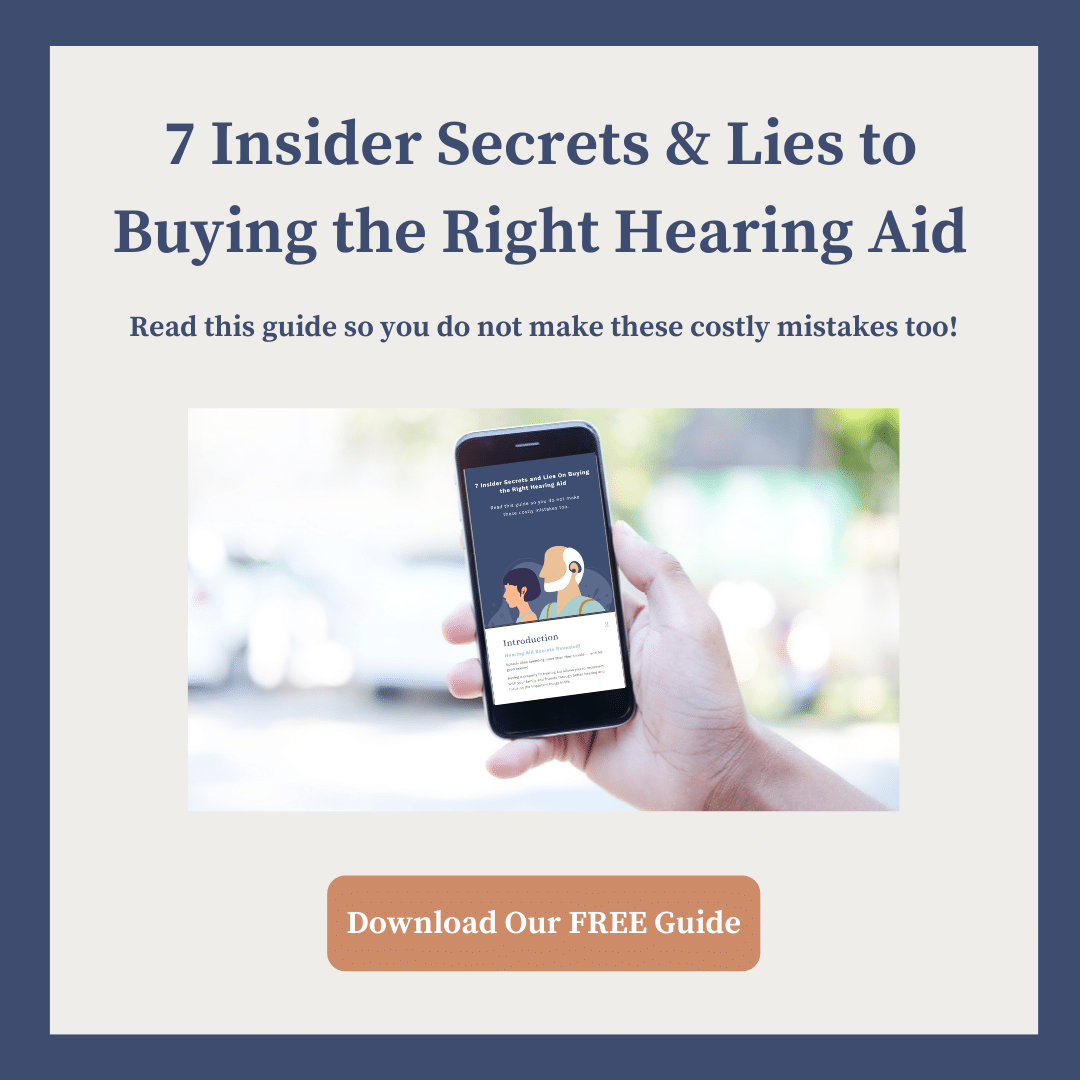Summer is a season of vibrant activity—outdoor concerts, fireworks, sporting events, and family gatherings. But while you’re enjoying the sounds of the season, it’s crucial not to overlook your hearing health. At Hearing Doctors of New Jersey, we are dedicated to helping active adults protect and enhance their hearing at every stage of life with advanced treatment options and personalized care.
Why Hearing Health Matters for Active Adults
Healthy hearing is essential for staying connected with loved ones, enjoying social activities, and maintaining overall well-being. Unfortunately, many popular summer activities can put your hearing at risk. Prolonged exposure to loud noises—from concerts and fireworks to lawnmowers and power tools—can lead to irreversible hearing loss if you’re not careful.
Common Summer Risks to Your Hearing
- Outdoor concerts and festivals: Sound levels can easily exceed 90 decibels, which may cause permanent hearing damage with prolonged exposure.
- Fireworks: Fireworks can reach up to 155 decibels—loud enough to cause immediate hearing loss.
- Sporting events and parades: Sirens, bands, and cheering crowds all add up to a noisy environment that can impact your ears.
- Outdoor chores: Lawn equipment and power tools are often overlooked sources of damaging noise.
How to Protect Your Hearing During Summer Activities
- Wear hearing protection: Use earplugs or earmuffs during loud events. High-fidelity earplugs are ideal for concerts, while custom-fit options from your audiologist offer maximum comfort and protection.
- Maintain safe distances: Stay away from speakers, fireworks, and other loud noise sources whenever possible.
- Take listening breaks: Give your ears time to recover by stepping away from noisy environments periodically.
- Schedule regular hearing assessments: Early detection is key. If you notice ringing, muffled hearing, or difficulty understanding speech, consider a hearing assessment to check your hearing health.
Enhancing Hearing Health with Advanced Solutions
If you’re already experiencing hearing loss, the right hearing aids can make a world of difference. At Hearing Doctors of New Jersey, we offer the latest in digital hearing aids, featuring advanced noise reduction, Bluetooth connectivity, and custom programming to fit your lifestyle. Our team works closely with you to find the best solution, ensuring you never miss a moment—whether you’re at a backyard barbecue or a summer concert.
Learn more about our team and why so many New Jersey adults trust us with their hearing health.
Frequently Asked Questions
- How often should I get my hearing checked? Adults should have a baseline hearing assessment and then follow up every 1-2 years, or sooner if they notice changes.
- Are hearing aids waterproof for summer activities? Many modern hearing aids are water-resistant, but it’s best to remove them before swimming. Ask our audiologists for tips on protecting your devices.
- Can hearing loss from loud noises be reversed? Noise-induced hearing loss is usually permanent, but early intervention with hearing aids and protection can prevent further damage.
Take the Next Step Toward Better Hearing Health
Don’t let summer fun put your hearing at risk. Protect your ears, stay proactive with regular checkups, and explore advanced hearing aids tailored for your active lifestyle. Ready to prioritize your hearing health? Contact Hearing Doctors of New Jersey today to schedule your comprehensive hearing assessment and discover how we can help you hear your best—this summer and beyond.



